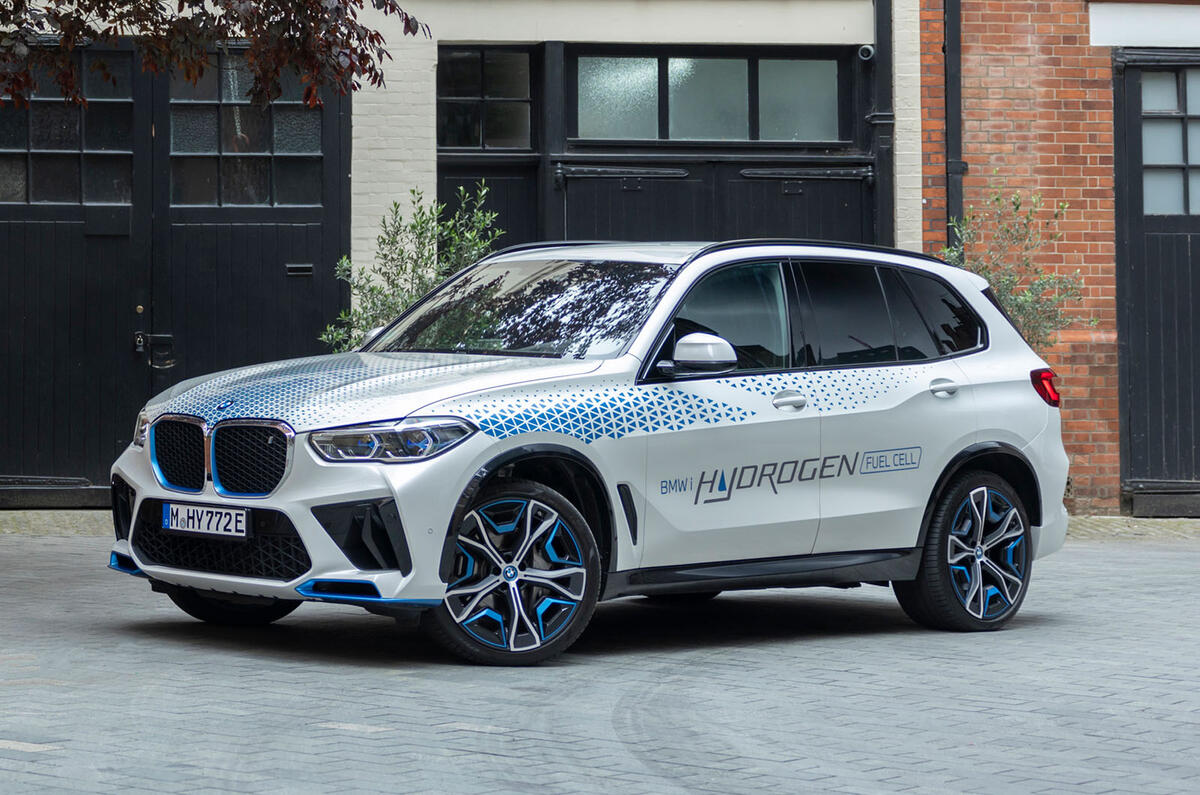This year has started very badly for the prospects of hydrogen as a potential future fuel for cars.
In Germany, hydrogen company H2 Mobility announced at the start of March that it was shutting 22 fuel stations focusing mainly on cars, citing a strategic shift towards goods vehicles.




Add your comment